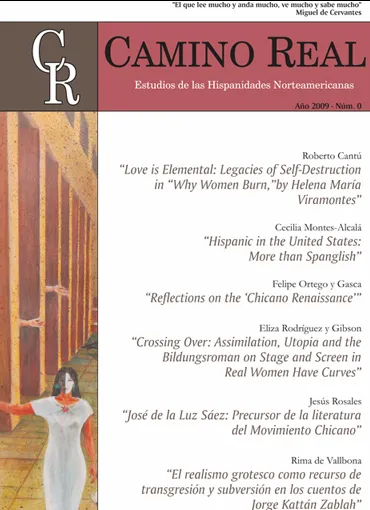
The prose fiction of Helena María Viramontes has been praised for its formal experimentation in language, narrative structure and point of view, thus for techniques that distinguish a generation of writers who have been changing the way we read Chicano and Chicana literature. The fusion of formal innovations and a feminist critique in Viramontes’ narrative has achieved one of its most challenging stages in “Why Women Burn” (1989), a short story in which the reading emphasis subordinates the politics of identity in favor of a different kind of analysis, namely: the problematic of distant cultures currently influenced by analogous forms of modernization and development. In “Why Women Burn,” modernization is presented as global in scope, exemplified in the social conditioning of Rajput women in India and of Chicanas in the United States. The reading is, consequently, guided by concerns found at the core of a Chicana feminist critique, such as the analysis of cultural practices noted for their irreversible erosion under the impact of modernization; a declining tradition of liberal democracy and its politics of human rights in the wake of globalism; and the internalization of various forms of male/female self-destructiveness during eras of crisis and transition.


